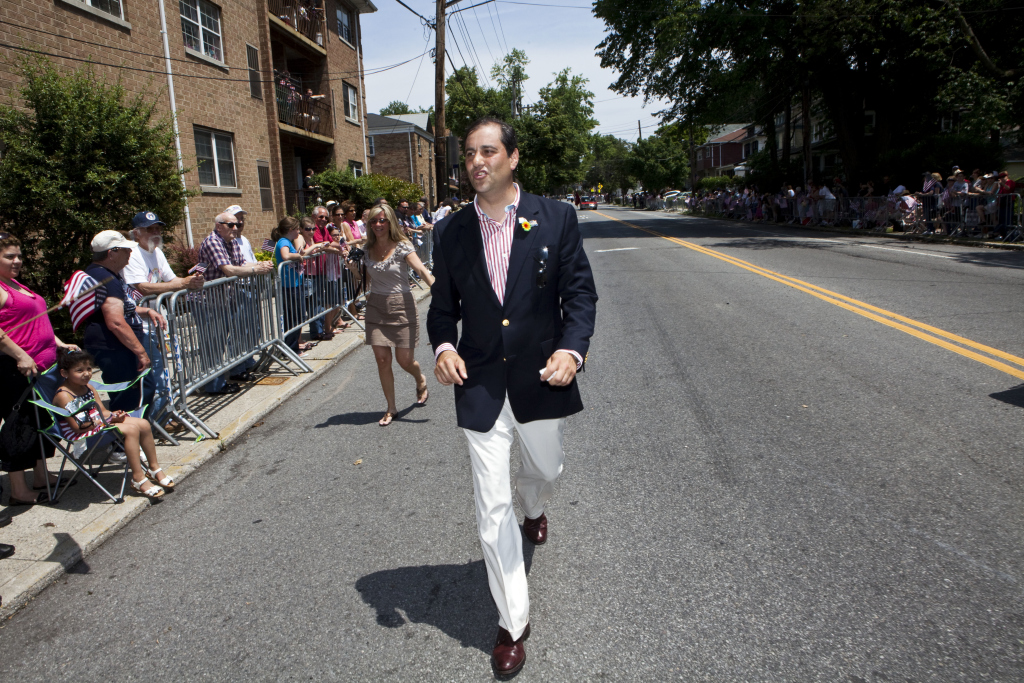New York’s top court will hear arguments on Tuesday regarding whether documented noncitizens should be allowed to vote in municipal elections, a decision that could significantly reshape the city’s political landscape. If upheld, the law would enable more than 800,000 legal residents to register and participate in local elections, including the race for mayor.
Political and legal implications

The case has drawn national attention, particularly from Republicans, who argue that voting should be reserved for U.S. citizens. State Sen. Andrew Lanza, a Republican from Staten Island, dismissed the debate as unnecessary.
“It’s hard to discuss because it’s crazy it’s even an issue,” Lanza said. “Citizens ought to vote; if you’re not a citizen of a country, you should not have a say.”
The controversy over noncitizen voting has been central to President Donald Trump’s campaign and ongoing push for election integrity. While Trump and other Republicans have claimed, without evidence, that noncitizens are voting illegally in federal elections, some Democratic-led cities and states have moved toward expanding voting rights at the local level.
New York City’s 2022 law and legal challenges
The law at the center of the case was passed by the New York City Council in 2022 and would allow green-card holders and work visa recipients who have lived in the city for at least 30 days to vote in municipal elections. It does not extend to state or federal elections.
Republicans quickly challenged the law in court, and two lower courts ruled against it, arguing that it conflicts with the New York State Constitution. The state’s appellate court found that the constitution’s language, which states “every citizen shall be entitled to vote,” implicitly excludes noncitizens from voting.
Arguments from both sides
Supporters of the law argue that noncitizens who pay taxes and contribute to the economy should have a say in local governance.
“In five City Council districts, non-U.S. citizens make up about a third of the adult population,” attorneys representing the city wrote in legal filings. “These New Yorkers pay billions in taxes and yet have no say in local policies on public safety, garbage collection, or housing — all matters that affect their day-to-day lives.”
Opponents, however, argue that voting is a right tied to citizenship and that allowing noncitizens to participate would undermine the value of naturalization.
“My parents came here for the American dream and became naturalized American citizens,” said Assemblymember Michael Tannousis, a Republican plaintiff in the case. “Becoming an American citizen is sacred for the individuals that come here to work hard. I do not think that people who do not go through the naturalization process should be allowed to vote or have a voice in our government.”
Potential impact on upcoming elections
If the court upholds the law, it could lead to a dramatic expansion of the city’s electorate. In the 2021 Democratic mayoral primary, approximately 942,000 votes were cast. The general election saw about 1.1 million voters. With an estimated 800,000 additional people eligible under the law, even a fraction registering to vote could alter the balance of future races.
The decision could also impact the 2025 mayoral race, where candidates such as state Sen. Jessica Ramos have advocated for broader inclusion of immigrant communities in local politics.
“If we were to allow green-card holders to participate in municipal elections, they will make their voices heard about a mayor and a City Council who will protect them, and who will help keep them safe and create some economic opportunity for our immigrant neighbors,” Ramos said.
What happens next?
The New York Court of Appeals, which has a majority of Democratic-appointed judges, will hear arguments in the case. While the political leaning of the court could suggest a favorable ruling for the law’s supporters, it has previously ruled against Democratic-backed election measures.
If the court rules in favor of allowing noncitizen voting, election officials would have only a few months to implement the changes before the voter registration deadline for the June primaries. If it is struck down, the debate over voting rights for noncitizens will likely continue in the state legislature.
A ruling is expected in the coming months, potentially shaping future election policies not just in New York City, but across the country.